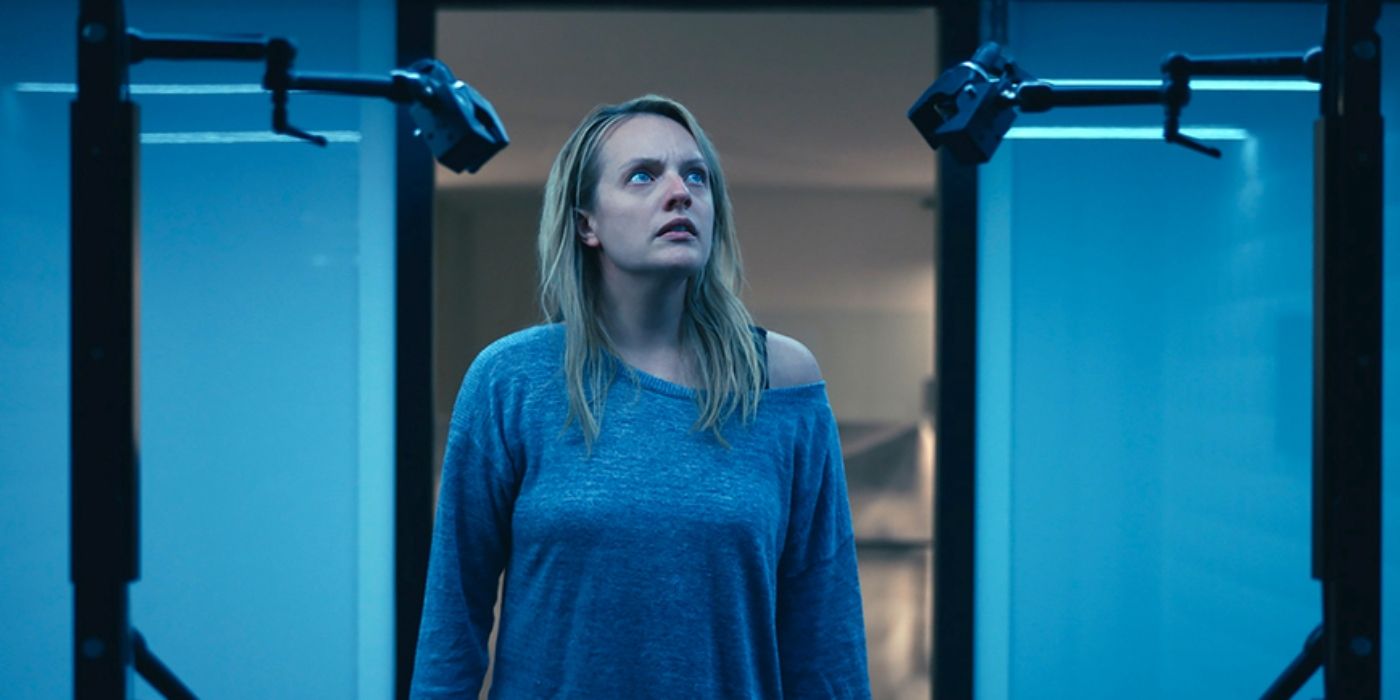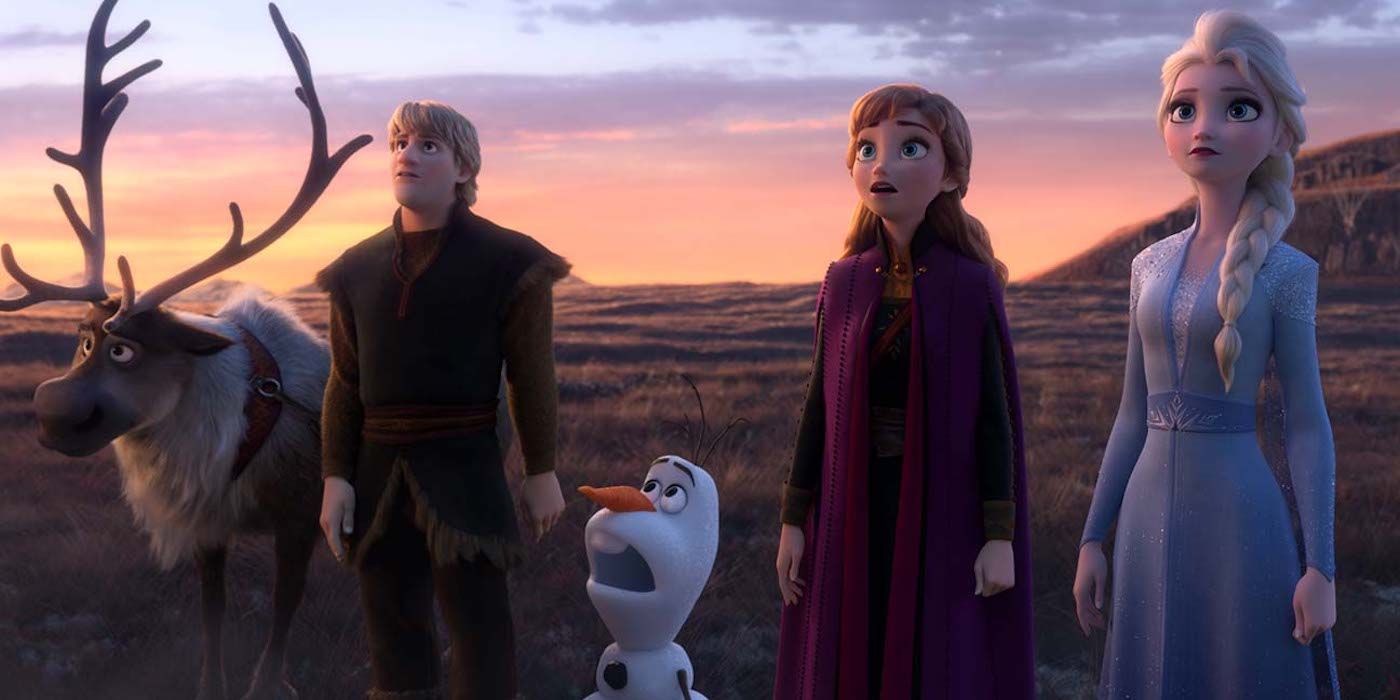As movie theaters are forced to shut their doors around the world due to the coronavirus pandemic, many studios are faced with making tough decisions on how to distribute their already scheduled properties at a time when most people cannot access a theater. In an unprecedented move, Universal Pictures recently made their films The Invisible Man, The Hunt and Emma, all of which were still in their theatrical run, available to digitally rent as video-on-demand (VOD) for $19.99, to be viewed within a 48-hour window.
Prior to this, it was uncommon for major films that were still within their box office run to become available on-demand. This sudden move by a major studio could permanently change the ways in which films are distributed further reducing the gap between a film's first run and its on-demand release. Box office flops, in particular, can use avenues such as VOD to give them a new life and a wider audience after they leave the big screen.
By giving flops an on-demand rental option, studios may be able to make more money on the film compared to just letting it sit in theaters to near-empty seats for months on end. The cost of renting a first-run film is just a bit more expensive than a single ticket to most theaters, yet they allow the consumer to not just watch it from the comfort of their own home, but also watch it with multiple people as well as provide their own snacks, making a rental already a cheaper option for many people. This model could attract audiences who normally would not have paid for multiple tickets and concessions to go see a movie that may not have received the best critical feedback.
This could also work for some markets like China, where there is an annual quota on the number of foreign releases (not just limited to Hollywood, but ALL foreign productions) that are allowed to be played in theaters. Releasing for on-demand rent could allow studios to still be able to make some money from films that don't succeed in securing a wide release in limited or tightly controlled markets. This method would require deals to be made with the online services themselves, rather than with governments or theaters with limited screens who also need to serve their local audiences. While it may still ultimately remain a flop, the early release for on-demand platforms at least gives the movie a chance at breaking even by making it more accessible to a wider audience.
Even if a film is released early on-demand not as a rental, but to stream on a streaming service, as was in the case of Frozen 2 (releasing three months ahead of schedule on Disney+), this could still be beneficial to flops. By making them available to stream early, they give a wider audience reach for films that may have had a limited marketing budget or were in less bankable genres which are often the types of films that would normally flop at the box office. Films that star lesser-known actors or belong to genres such as dramas or romantic comedies may find themselves more at home on a platform like Netflix, which has often put up original content that normally may have flopped at the box office to varying degrees of success. Movies on those platforms are much more accessible and thus will have a lot more people willing to put in the time to watch them, often bringing a bigger buzz on social media as well as increased discussion rather than if it stuck around solely as a run-of-the-mill theatrical release.
One important thing to note about many of the current slate of movies that are released early to VOD is that many of them are either not major event films or have already either neared the end of its box office run or have already made significant money, as was the case for Birds of Prey and Frozen 2. Major blockbusters still make significant money for both theaters and studios, which is why those films get delayed rather than a VOD release, so don't expect Black Widow or No Time To Die to release on demand at the same time as their theatrical run. With studios making such a significant change during these drastic times, it would be of no surprise if, in the future, Hollywood decides to keep using VOD as an option to breathe new life into movies that become box office flops.



